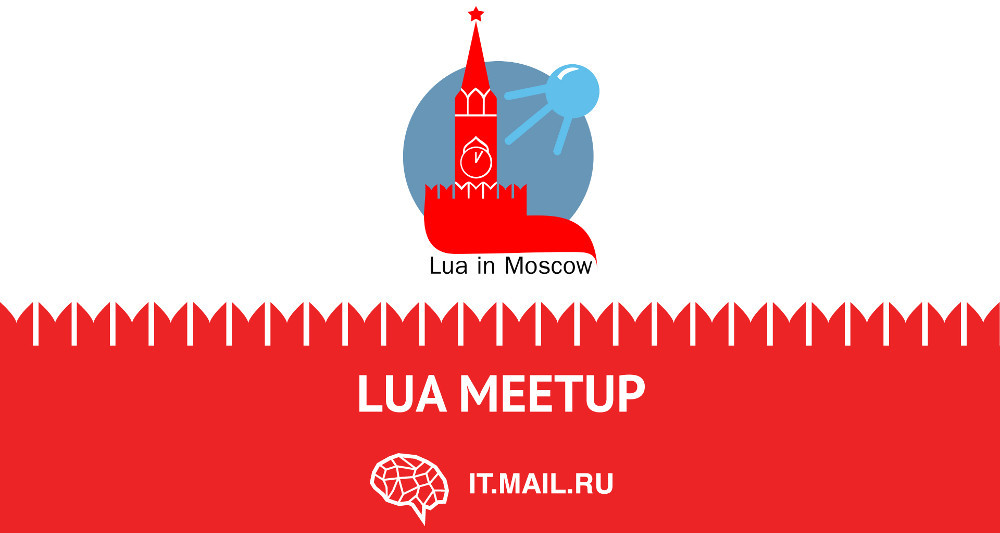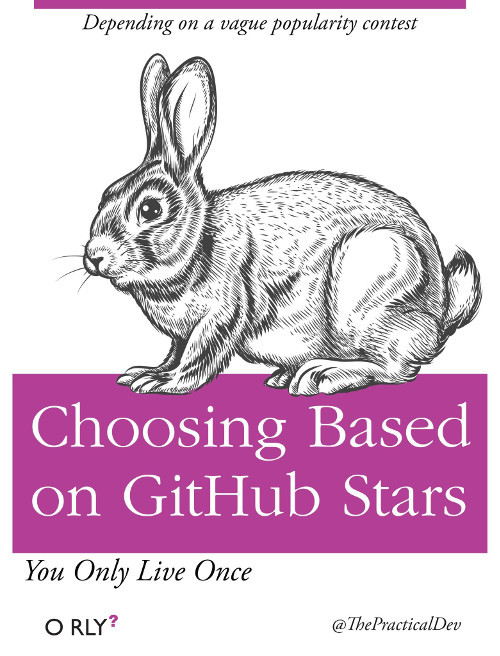Lua Meetup on September 2 at the Mail.Ru Group office

On September 2, 2016, the next Lua Meetup will be held at the Mail.Ru Group office - a meeting dedicated to the Lua programming language and its ecosystem. Two reports were announced (you can read more about them under the cut), but I would like to write about another reason for which you need to come to the meeting. There are a lot of programming languages in the world, and new languages appear almost every week. As the classic wrote, “all happy families are alike, each unhappy family is unhappy in its own way”. Being interested solely in mainstream programming languages, we deprive ourselves of a sense of contrast, and, as a result, awareness in the choice. Lua is by no means an “unlucky” language, but it is definitely a language that stands apart from mainstream. Lua has an excellent syntax and a very lightweight implementation. Few people know that the language was created in 1993 - it looks so modern. What prevents it from becoming as popular as Python or Go?
It turns out that a programming language is not only syntax and a virtual machine. This is primarily a community, its friendliness and energy. And also, not least, the energy of the creators of the language, the desire to manage and develop the community. And support from industry giants is also very important. Lua is an example of a language that develops despite the lack of such support. Vivid events in the community occur regularly: OpenResty, Kong, Torch - from relatively well-established projects, bots for Telegram and frameworks for their creation - from a completely new one.

Meeting program:
')
- “LuaJIT from the inside” , Nikolay Zavaritsky, Mail.Ru Group
LuaJIT is one of the fastest interpreters for dynamic programming languages. The speaker will check the validity of this statement, compare the performance of Lua, Python and JS, “look under the hood” and show how the bytecode in LuaJIT works. He will tell you in detail how the JIT compiler in LuaJIT works, how to find hotspots in Lua programs, why the code is not JIT and what to do about it.
- “Mechanisms for custom automation of professional web applications on Lua” , Alexander Gladysh, TAIS
Sophisticated professional applications migrate from desktop to web. Often they need to provide the user with the ability to automate their work, write "macros". The speaker will talk about the experience of using Lua as a macro language for a professional web application.
At the mitap, in addition to the reports, I would like to talk about how to further develop the Lua language - the luarocks ecosystem, syntax, and frameworks for creating applications. Beginning at 19:00. Address: Leningradsky Prospect, 39, p. 79. Participation is free, but registration is required. Waiting for you!
Source: https://habr.com/ru/post/308556/
All Articles